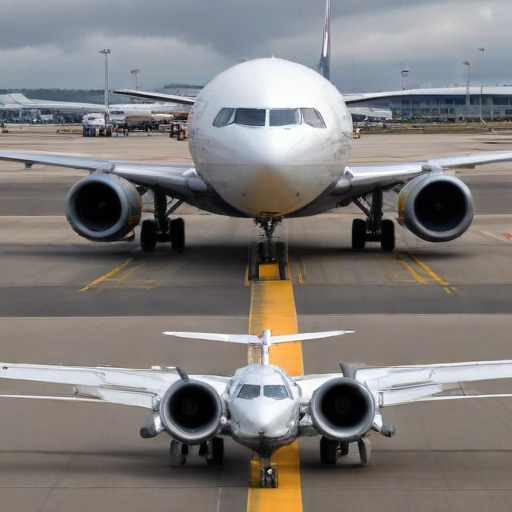Delta Air Lines faced significant operational challenges on Monday, canceling hundreds of flights as it continued to deal with the aftermath of a severe global software outage that had already affected travel over the weekend. On Sunday alone, Delta canceled approximately 1,300 flights and delayed 1,600, following over 3,500 cancellations of Delta and Delta Connection flights between Friday and Saturday.
By Monday morning, approximately 626 flights had been canceled, with an additional 144 delayed, equating to about 20% of its scheduled operations. In contrast, American Airlines reported only 38 cancellations and 155 delays, making up about 5% of its operations.
The issues were traced back to a problematic software update by cybersecurity company CrowdStrike, which inadvertently disrupted Microsoft’s Windows operating systems. This situation left corporate users, including those in the airline sector, struggling with system inaccessibility and errors like the infamous “Blue Screen of Death.”
The ripple effects of this outage extended across various sectors, impacting healthcare providers, delivery services, retailers, and financial institutions, with airlines suffering notably. On Friday alone, over 46,000 flights experienced delays and an additional 5,171 were canceled.
Delta CEO Ed Bastian addressed the situation, expressing deep regret for the inconveniences caused to passengers. He emphasized that canceling flights is a last resort for the airline. In response to the disruptions, Delta implemented a travel waiver allowing customers to change their flights without penalty, as well as providing meal vouchers, hotel accommodations, and transport for affected travelers.
In light of these challenges, Secretary of Transportation Pete Buttigieg revealed that his department had received numerous complaints regarding Delta’s response to the disruptions. He urged the airline to ensure that passengers receive refunds, free rebooking options, and timely reimbursements for food and accommodations, stating that no traveler should be left stranded or forced to endure long wait times for customer service.
In summary, while Delta is grappling with a significant operational challenge, the company’s transparent communication and efforts to assist impacted customers can be seen as a commitment to restoring trust. This situation highlights the importance of robust software systems in maintaining seamless operations in the travel industry and serves as a reminder of the interconnectedness of today’s business sectors. As Delta continues to navigate this difficult period, the airline’s proactive measures and plans for recovery may eventually lead to strengthened processes and improved service in the future.
